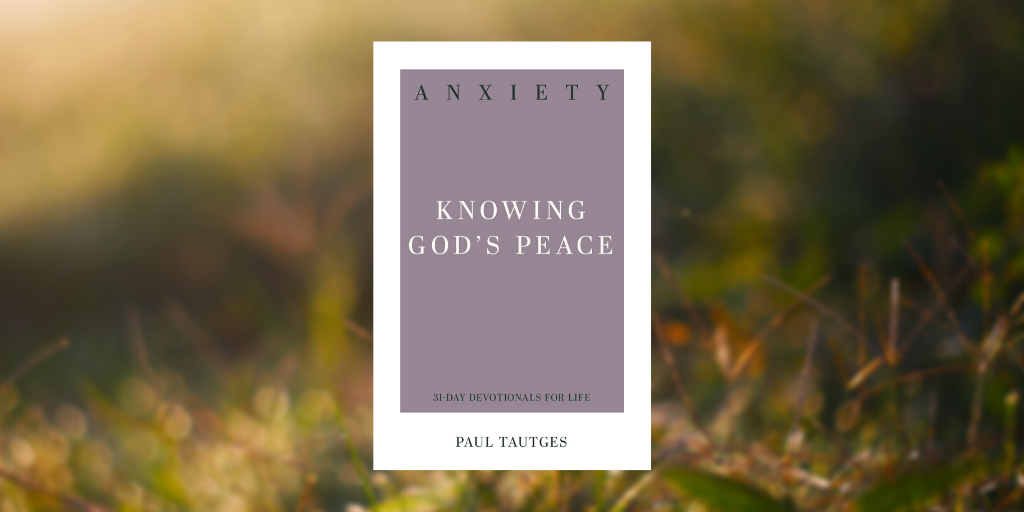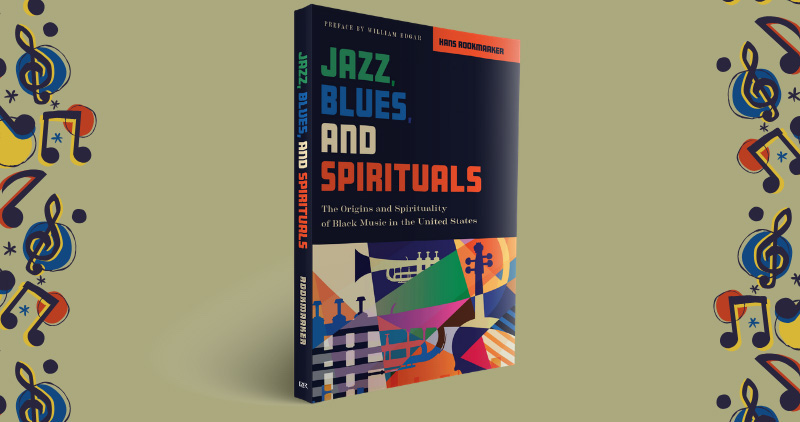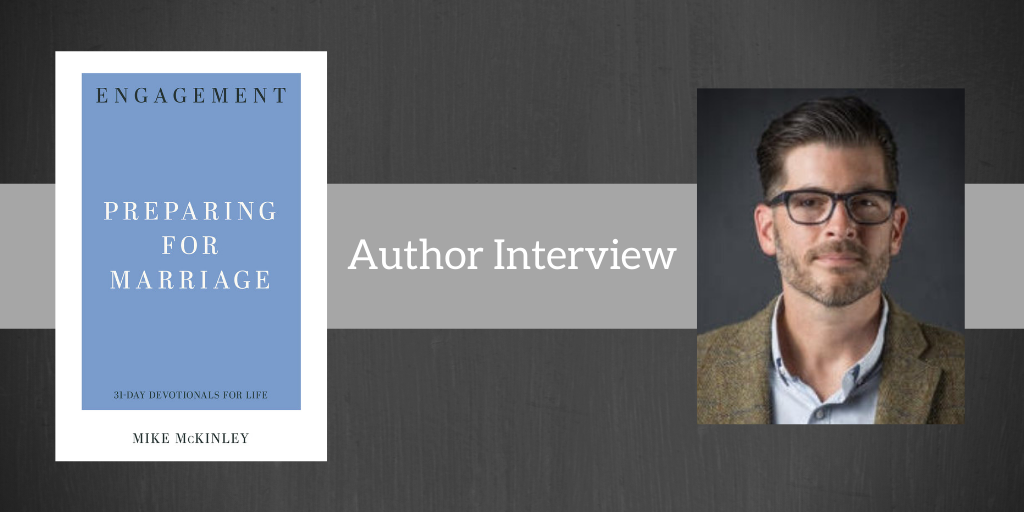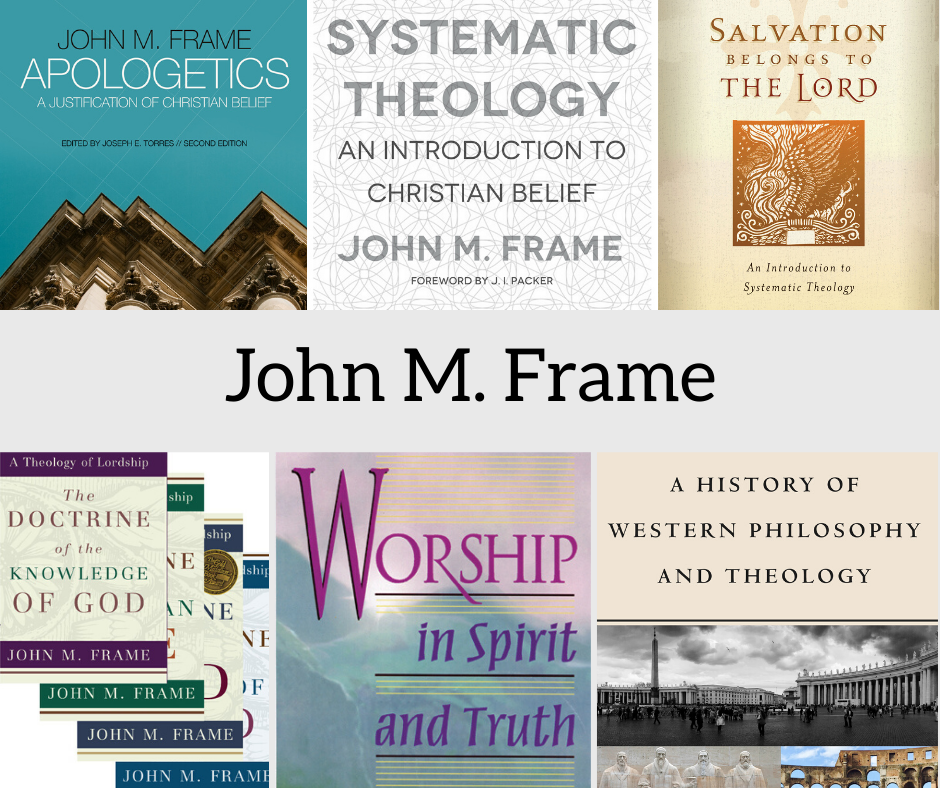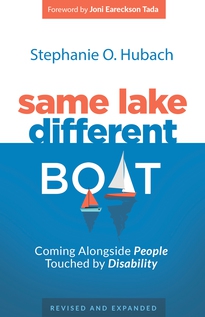John M. Frame (AB, Princeton University; BD, Westminster Theological Seminary; MA and MPhil, Yale University; DD, Belhaven College) holds the J. D. Trimble Chair of Systematic Theology and Philosophy at Reformed Theological Seminary in Orlando and is the author of many books, including the four-volume Theology of Lordship series.
Systematic Theology: An Introduction to Christian Belief
Systematic Theology is the culmination and creative synthesis of John Frame’s writing on, teaching about, and studying of the Word of God. This magisterial opus—at once biblical, clear, cogent, readable, accessible, and practical—summarizes the mature thought of one of the most important and original Reformed theologians of the last hundred years. It will enable you to see clearly how the Bible explains God’s great, sweeping plan for mankind.
Salvation Belongs to the Lord: An Introduction to Systematic Theology
Beginning students of theology and church leaders looking for a theological refresher or teaching tool will welcome this remarkably clear introduction to the doctrines of Scripture. In an almost conversational style, Salvation Belongs to the Lord explores all the major biblical truths, explains key terms of systematic theology, and reflects on their implications and connections under the lordship of Christ.
A Theology of Lordship: 4 Volume Set
John Frame’s Theology of Lordship series explores theology as
the application of God’s word to our lives in all situations. Frame
speaks to the whole of the Christian life: God’s relationship to us, faith, apologetics, theology
and philosophy, science and ethics, sexuality, Christ and culture,
God’s personal communication to us in his Word, and more.
A Theology of Lordship includes:
A History of Western Philosophy and Theology
Christians should evaluate philosophy by biblical criteria. This will
shed greater light on the developments in the history of philosophy and
better prepare us for the intellectual challenges of our time. The fall
of Adam brought intellectual as well as moral corruption on the human
race, and the effects of the fall can be seen in the work of
philosophers, most of whom try to understand the world
autonomously—through reasoning apart from God’s revelation. Some
philosophers have appealed to God’s revelation, but their work has often
been compromised with the wisdom of the world. Revelation should inform
reason, and not the other way round. In the past, even Christian
theology was corrupted by the movement toward intellectual autonomy,
creating the tradition of liberalism, which has unhappily dominated
academic theology down to the present day. But there is hope—a new
generation of Christian thinkers take God’s Word seriously. Frame’s
unique new contribution augments that process.
Apologetics: A Justification of Christian Belief
Renowned theologian John Frame sheds much-needed light on
the message and method of genuinely Christian apologetics in this
landmark title. He insightfully examines apologetics in terms of proof,
defense, and offense and clarifies the relationships of reason, proofs,
and evidences to faith, biblical authority, and the lordship of Christ.
Two subjects of particular note are Frame’s fresh look at
probability arguments and a stimulating investigation into the problem
of evil.
Some of the most valuable elements of this book are
Frame’s extensive use of Scripture and his presentation of specific
lines of argument. There is also a model dialogue in the concluding
chapter that shows how these lines of argument work in conversation.
This is an extensively redeveloped and expanded version of Frame’s previous work, Apologetics to the Glory of God.
Worship in Spirit and Truth: A Refreshing Study of the Principles and Practice of Biblical Worship
This fresh, practical study of worship throws needed light on questions about worship content, music, atmosphere, structure, freedom, clarity, recent trends, and much more. Study groups, church leaders, and all seeking to enrich their experience of worship will profit from this insightful look at the kind of worship that pleases God.
Contemporary Worship Music: A Biblical Defense
John Frame answers objections to contemporary worship music by noting its biblical strengths and benefits in worship.
Cornelius Van Til: An Analysis of His Thought
The insights of Cornelius Van Til have generated intense discussion
among friends and foes alike. Until now nearly everything written about
Van Til has come from either uncritical followers or unsympathetic
critics.
This volume, marking the one hundredth anniversary of Van Til’s birth, combines deep appreciation with incisive critical analysis of the renowned Westminster apologist’s ideas. John M. Frame offers warm personal reflections on Van Til’s life and a close examination of his thought, including his interaction with prominent figures in the Reformed, evangelical, and secular communities. In terms of its spirit, scope, clarity, and profundity, this volume is must reading for serious students of apologetics and theology.
No Other God: A Response to Open Theism
The theological movement known as open theism is shaking the church today, challenging the Reformed doctrines of God’s sovereignty, foreknowledge, and providence.
In this timely work, John M. Frame clearly describes open theism and
evaluates it biblically. He not only answers open theist arguments but
goes on to sharpen our understanding of the relationship between God’s
eternal plan and the decisions or events of our lives.
John Frame’s Selected Shorter Writings: In 3 Volumes
Short, pointed essays summarize some of John Frame’s central (and a few peripheral) ideas on theological method, apologetics, and ethics, beginning with Frame’s shortest and clearest presentation of his signature concept of triperspectivalism—the need to read Scripture from various perspectives, especially threefold perspectives that reflect the nature of the Trinity.
Theology in Three Dimensions: A Guide to Triperspectivalism and Its Significance
Because God created all things with coherent unity, everything can be
understood from the perspective of everything else. We experience the
world in the context of our own bodies, but every day we broaden our
understanding through the perspectives of others. Meanwhile, our
omniscient God is also omniperspectival. Through his revelation, he
allows us a glimpse of his own divine perspective.
What does this mean for us? One valuable dimension of this reality is that theological issues can also be helpfully viewed from multiple perspectives without compromising their unity and truth. In this accessible introduction to his Bible study and theological method, John Frame teaches us to approach doctrine with situational, normative, and existential perspectives modeled on the Trinity.
